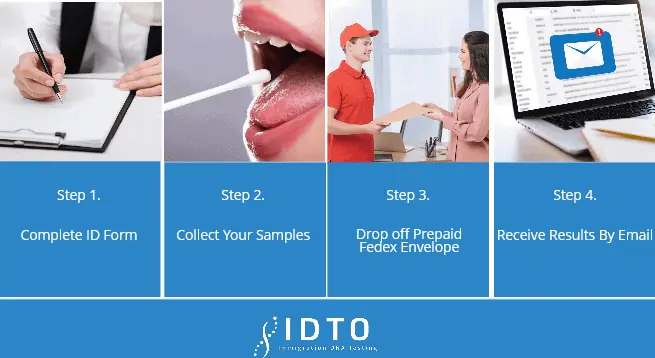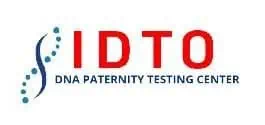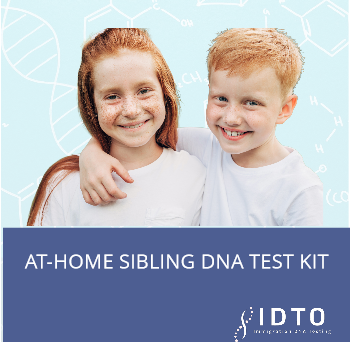
What is Sibling DNA Test?
A sibling DNA test is a test that helps potential siblings determine if they share a common parent or parents by testing the genetic material (DNA) of the two possible siblings.
This testing option is often used when an alleged biological father is unavailable to be tested and as an alternative, a sibling test can be performed. The test can also be used if the mother is unavailable.
Legal Sibling Test
Can sibling test results be used for legal purposes?
Yes, sibling test results can be used for legal purposes. The testing will be conducted by our partner laboratory, which is accredited by the AABB, ensuring a strict chain of custody is maintained. The results of such a test can be utilized for legal use such as child custody cases, the amendment of a birth certificate, or for immigration purposes.
How much does a legal sibling DNA test?
The cost of a legal sibling test starts at $499.99
Schedule An Appointment
The process is simple, We have access to over 2000 collection site nationwide in our network. Please contact IDTO today at 888-204-0583 to schedule an appointment.
Accreditation
All legal DNA testing services we offer are performed by our partner AABB-accredited DNA Testing Laboratory for the purpose of establishing a proper legal chain of custody for evidence submission.
At-Home Sibling Test
At-Home DNA Sibling Tests can determines the probability of shared biological parental relationship.
How much does Home Sibling Test Kit cost?
The cost of an At-Home Sibling DNA Test start at $299.99.
DNA Test Kit Contents
4-6 Sterilized cheek swabs each packet has 2 swabs per person
Contact Identification Form
Sample collection instructions
Prepaid overnight FedEx return shipping envelope
Turnaround Times
How The Process Works:
Getting started with a peace of mind test is simple. Below is a brief outline of what you can expect from our At-Home Avuncular Test process.

- Order below or contact our office at 888-204-0583 to purchase your DNA kit by phone or click here to buy online.
After you purchase your test kit, please allow up to 24 hours or one business day to ship your kit to your home.
Once you receive your kit, follow the instructions on how to collect your DNA samples. Sign the chain-of-custody form. Place all of the contents you receive inside of the prepaid return envelope you received and ship your genetic samples back to the lab for analysis.
When the lab receives all of your genetic samples. Please allow 2 to 3 business days for your results to be completed. Upon the completion of your results, a copy will be sent to your physical home address and a copy will be sent by email.
Sibling DNA Testing Types
How does siblingship testing work, there are three options in which a sibling test can be performed.
Full vs Unrelated:
This testing option helps to determine if the tested persons share both father and mother or if they are completely unrelated to one another. This comes many times for siblings who were adopted at birth and may find each other through researching their Ancestry. Another common use for this testing option is for Immigration evidence submission to support a claimed biological relationship.
Half vs Unrelated
This testing option helps to determine if two tested persons have different mothers and want to know if they share the same biological father. If this is your specific circumstance. e recommend one mother of the tested siblings participate if available to help increase the accuracy of your DNA test results.
Full vs Half
This testing option helps to determine if two test siblings who share the same biological mother want to determine if they share the same biological father. We also recommend that the mother participates in the testing process if available.
Oftentimes this testing option is performed when family members are uncertain due to family facial features or through conversation between family members about possible uncertainty regarding paternity.
Probability of Siblingship
A sibship index greater than 1.0 suggests a higher probability of individuals being siblings, while an index less than 1.0 indicates a lower probability. The further the index is from 1.0, the stronger the evidence for or against a sibling relationship.
the index is a statistical measure and not a definitive proof of siblingship. Additional evidence, such as family history or DNA testing from parents, may be needed for conclusive results.
Privacy
Please note that the IDTO DNA Testing Center’s partner laboratory does not share any personal or genetic information with third-party companies.
All information provided to our partner laboratory is kept secure and will only be released to third parties with the explicit consent of the participants involved or by court order. DNA samples on file are kept for 3 months on average and then destroyed.

